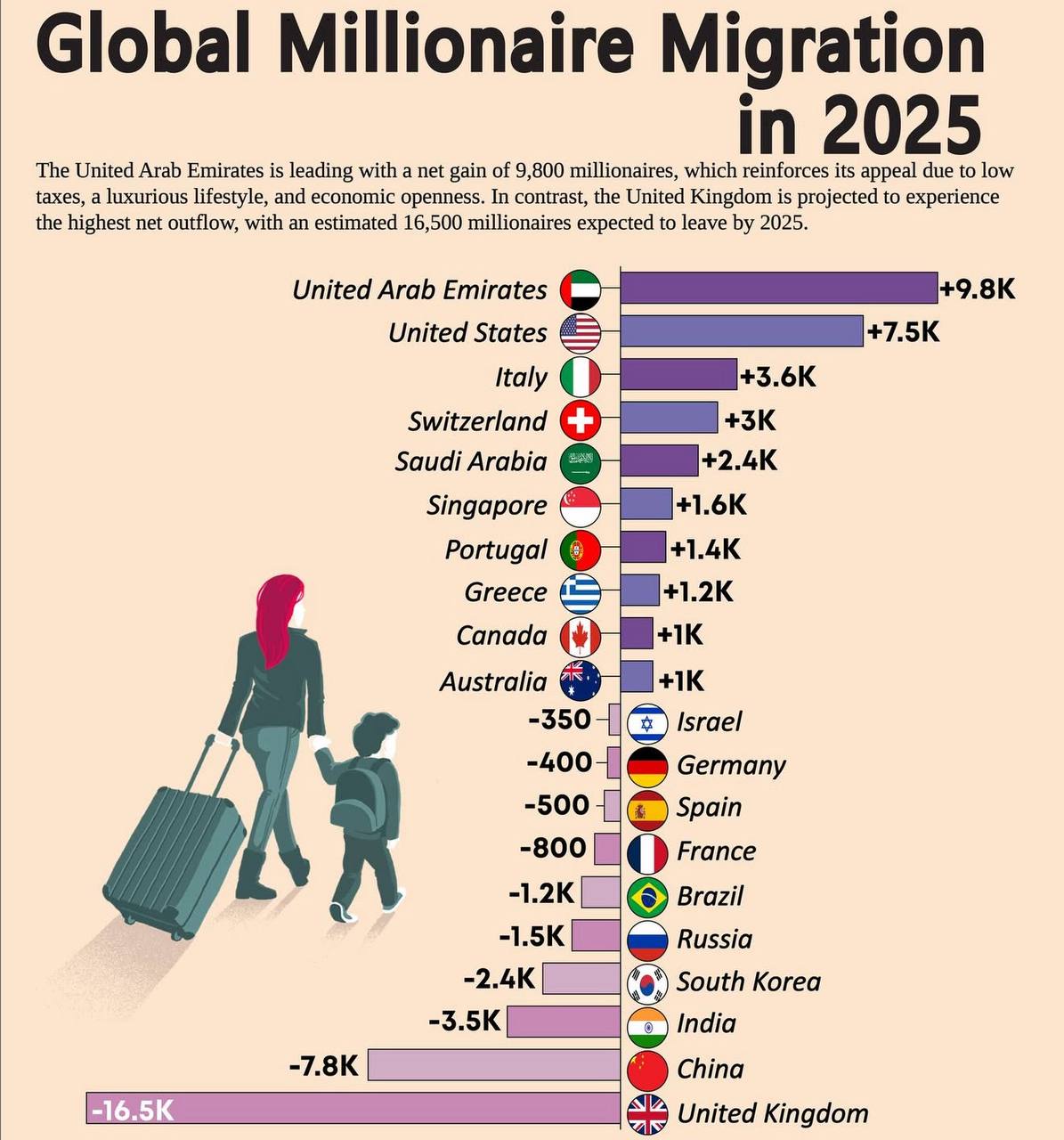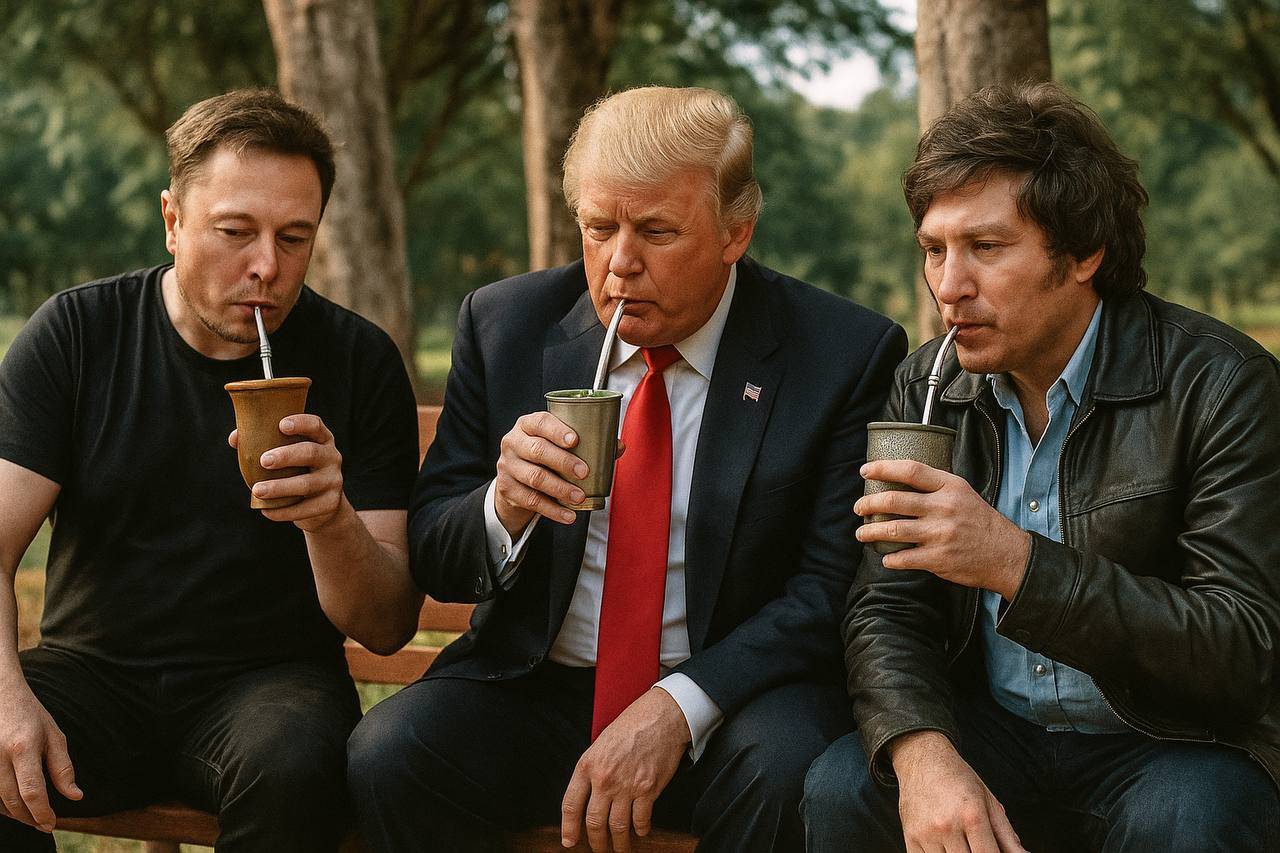Company stories often feel like Hollywood plots
Revolut started as a challenger to traditional banks. Now it's hiring Frédéric Oudéa — the man who led one of France’s largest banks, Societe Generale, for 15 years. Currently Chairman at Sanofi, Oudéa will now head Revolut’s Western Europe operations from Paris.
Why would a fintech bring in a banking dinosaur?
Because the rules are changing. Revolut is applying for a French banking license, investing €1 billion into growth, and positioning Paris as its EU stronghold.
To pull this off, you need someone who gets both tech and the bureaucratic machinery behind European regulation.
When GR matters more than having the best product
In business, one thing is often underestimated: at the top level, it’s not always the best product that wins — it’s who knows how to navigate government relations. Oudéa knows the French system inside out, with all its levers and brakes. Yes, he’s linked with bureaucracy, but that’s exactly what might become Revolut’s key asset.
To move into the big leagues, you have to play by the system. Revolut is showing how that transition is done.


